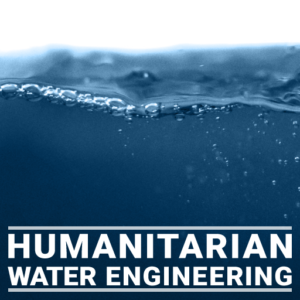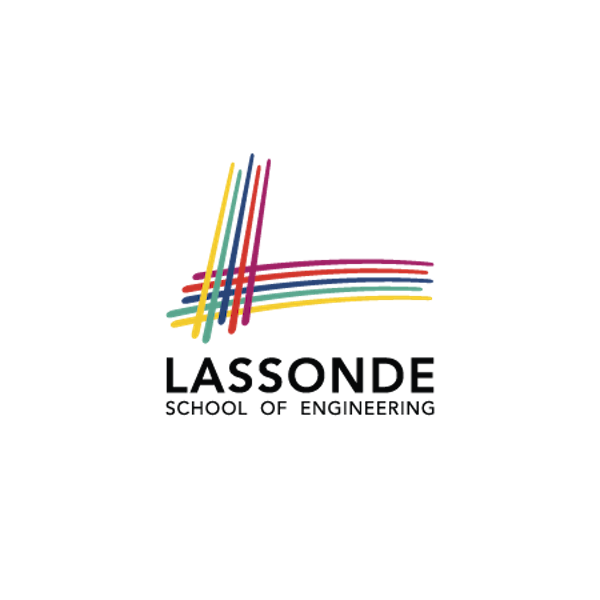
Course Description
The Humanitarian Water Engineering Intensive Course offers participants an opportunity to gain essential knowledge and skills on supplying safe water to populations in precarious situations. The course covers the theoretical fundamentals and practical considerations on the design and operation of water supply systems in humanitarian settings including source selection, water quality, water treatment, distribution and the safe water chain, and outbreak preparedness and response.
Over the course of twelve weeks, participants will engage in a rich, multifaceted online learning experience consisting of curated readings, knowledge-testing quizzes, lectures from experienced engineering practitioners and faculty, and small group problem-based learning (PBL) activities guided by talented facilitators. The course is structured into five units which provide a comprehensive overview of key technical areas of safe water supply in emergencies including:
- Water source development (groundwater and surface waters)
- Water quality characterization and risk assessment
- Water treatment methods, process selection, and design
- Safe water supply chain (distribution and delivery)
- Waterborne disease outbreak preparedness and response
Participants will also gain an understanding of the operational context of humanitarian response by engaging with the following cross-cutting themes throughout the course:
- Humanitarian principles, structures, and standards
- Water, sanitation, and hygiene (WASH) and public health
- Needs assessments, monitoring, evaluation & learning (MEL), and project management
- Human factors and community engagement
- Operational research and emerging questions
The course is intended to help individuals prepare for work as WASH practitioners in the humanitarian sector. The course is most appropriate for those with some education, training, and/or experience in water engineering or in humanitarian response. We encourage applications from:
- Humanitarian professionals from UN agencies and international and local NGOs who want to deepen their knowledge and skills on water engineering in humanitarian response.
- Professional engineers (and other technical specialists) who want to understand how water engineering projects are done in, and gain exposure to, the humanitarian sector.
- Graduate students who want to deepen their technical knowledge and gain exposure to the humanitarian sector.
A certificate will be offered to participants upon successful completion of the course.




You may also be interested in...
Call for Applications – 2023 Seed Grants for Critical Social Science Perspectives in Global Health Research
The Dahdaleh Institute for Global Health Research is accepting applications for the 2023 Seed Grants for Critical Social Science Perspectives in Global Health Research. Five seed grants worth up to $5,000 CAD each will be awarded. ...Read more about this Post
Recap - FALLING SKY STUDIO: Mystery Painting Workshop
Mystery Painting is a form of imaginative induction by which we turn a problem into symbol. It provides a means of connecting inner and outer worlds: the world of our daily life with the world ...Read more about this Post
Dahdaleh Institute researchers contribute to York's achievements towards the United Nation’s 17 Sustainable Development Goals
In June 2020, York University launched its new University Academic Plan 2020-2025 (UAP), which included a university-wide challenge to elevate York’s contributions to the United Nation’s 17 Sustainable Development Goals (SDGs). The new UAP serves as ...Read more about this Post
